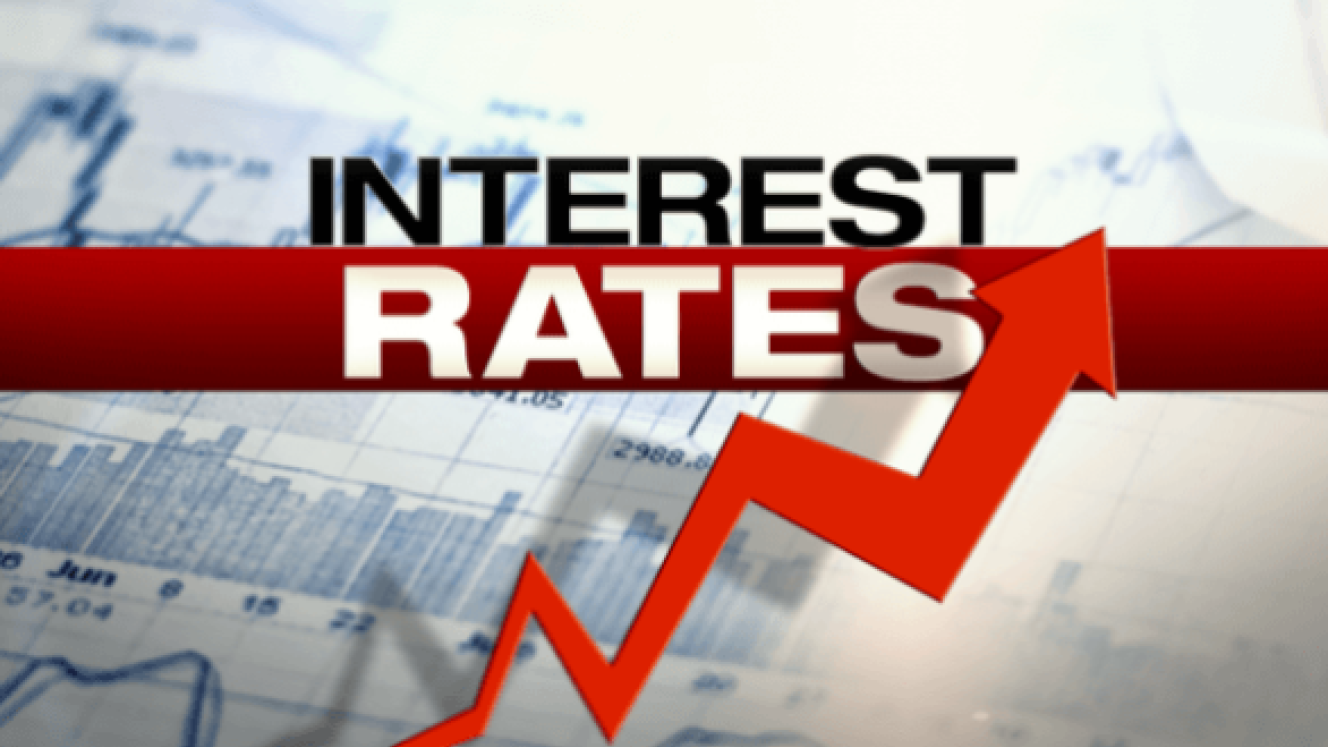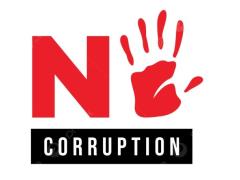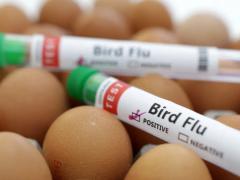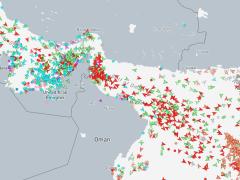The SA Reserve Bank is expected to hike interest rates yet again, Bureau for Economic Research (BER) economists have forecast in consensus with most analysts, who have predicted that the upward trajectory will continue this week.
Economists noted in the BER Weekly Review that the economic focus was likely to remain on possible further contagion from the banking problems that originated in the US ahead of the SARB’s Monetary Pricing Committee (MPC) meeting on Thursday.
“In isolation, the dampening impact on global growth from the likely tightening in US and European bank lending standards should see the SARB’s Monetary Policy Committee (MPC) take a more cautious approach towards further policy rate hikes,” BER said.
However, the BER added that the decision was also set against a weakening trend for the rand exchange rate since the January MPC meeting, upward surprises in January and February headline CPI data and sticky inflation for the year ahead. Fiscal slippage was also likely due to a possible R20 billion revision in the public-sector wage bill to 7,5% from an initial offer of 4,7%.
“The Fed and other major central banks are continuing to raise policy interest rates. Against this backdrop, we are aligned with the overwhelming analyst consensus that the MPC will hike the repo rate by another 25bps this week. This will take the policy rate to 7.5%, 50bps above the SARB’s estimate of the neutral (nominal) policy rate,” BER said.
According to Stats SA, the annual rate of increase for headline consumer inflation (CPI) accelerated to 7% year-on-year in February from 6.9% in January. This was the first time in four months that the rate of increase quickened. Stubbornly high food costs were again the main contributor, adding 2.3% points to the 7% annual rate.
“If the food and non-alcoholic beverages category is stripped from headline CPI, inflation trends notably lower than the headline figure from mid-2022. In February, food inflation hit a fourteen-year high of 14% (versus 13.8% in January), driven by marked price increases in bread and cereals, meat, eggs and cheese, and oils and fats,” the BER added. Meanwhile, transport inflation moderated to 9.9% year on year from 11% in January, led by a softer increase in fuel costs, while core inflation, which excludes both food and energy costs, jumped to a six-year high of 5.2% in February.
Last week the FNB/BER Consumer Confidence Index (CCI) plunged further into negative territory, reaching -23 index points in the first quarter of 2023, the third-lowest level in the 29-year history of the report.













